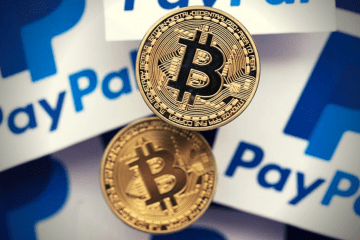How Would Bitcoin Fare in a Deflationary Economy?
By examining the differences between Greek and Japanese deflation, one can get a better understanding of how Bitcoin would react in such an economic environment.
Bitcoin’s Role as a Hedge
Gold is the primary hedge against inflation, but Bitcoin is developing similar properties.
Bitcoin’s monetary inflation is currently higher than that of developed nations such as the United States, making it more of a hedge against authoritarian governments.
According to Willy Woo, a noted on-chain Bitcoin analyst, BTC’s rate of inflation is 3.69%. The rate of inflation for the United States has been 2.3% from February 2019 to February 2020.
Due to its fixed supply and perpetually decreasing issuance, Bitcoin is, however, considered a hedge against hyperinflation. Argentina, whose debt default and high inflation rate increased local demand for Bitcoin, is proof of this.
The South American country had an inflation rate of 4.42% in 2004. This figure has jumped to over 50% according to data released by Statista.
(1/2) Argentines are dumping record amounts of pesos for #bitcoin on @LocalBitcoins, as the government is about to default on its debt (https://t.co/rSYFq8gDSD) and the currency is suffering from inflation. (Source: @Coin_Dance) pic.twitter.com/oTFYadike4
— Arcane Research (@ArcaneResearch) April 23, 2020
But as global demand for goods and services contracts due to the coronavirus, deflation is a much more realistic scenario than hyperinflation.

Source: cryptobriefing.com


